So, you want to start learning to play an instrument? The first thing you’ll need to do is choose one!
With so many different musical instruments to learn to choose from you may not know where to start, so we’ve put together a list of top tips to send you on your way. Whether you love piano or want to learn how to play the electric bass guitar, we will help you decide between the best instruments.
Let’s dive into our 10 tips to quickly figure out what musical instrument you should be playing.
Also, checkout this video we made for you!

How much can you afford to spend on an instrument?
If you have a very limited budget your options will be narrowed down rather quickly. The most reasonably priced musical instruments include Harmonica, Recorder and Ukulele. With a specific budget in mind, you will be able to find out relatively easily if you can afford to play your preferred instrument. Here’s a rough guide of what you can expect to pay for a very beginner instrument:
How much space do you have to practice and play?
As the old saying goes, “practice makes perfect”, and if you choose an instrument that you don’t have space to practice at home your progress will be severely limited.
Thankfully, there are plenty of musical instruments that require little or no space at all. These include the Recorder, Flute, Oboe, Clarinet, Bassoon, Trumpet, and the French Horn.
Other instruments require a little more space, such as the Trombone with its extending slide, and the Tuba which is larger than a toddler!
If you are thinking about choosing an instrument from the Keyboard or Percussion families of instruments then you certainly do need to consider the overall footprint these instruments require to be set up.
Keyboards and Upright Pianos can be placed against a wall, but will still require just under 5ft (150cm) of wallspace. Grand Pianos require far more, and you would be wise to allow an area of at least 2 square meters for even the smallest models.
Percussion instruments are similarly demanding space-wise. Pitched Percussion instruments (such as the Xylophone) can be placed against a wall, but will need at least 200cm of wallspace.
A standard Drum Kit will need a similar space to a Grand Piano, of 2 square meters or more.
What size instrument can you handle?
Some instruments are heavy. If you don’t fancy the idea of lugging around a heavy instrument then the Double Bass or the Tuba probably isn’t for you! If you don’t own a car it would be a sensible idea to play an instrument you can easily take on public transport, such as a Flute or a Trumpet. Here’s a list of popular instruments in approximate order of size:
Best instruments for playing on your own
The nature of the varying qualities different instruments possess means some are more suited to being played alone than others.
The Piano (or Keyboard) is probably the best-known musical instrument for solo playing. Its vast range of 88 notes means it is able to play multiple parts of a musical arrangement simultaneously, such as the melody, chords and bass line. It is also very adept at accompanying the human voice, so you have the opportunity to sing and play your instrument at the same time, without the need for any additional personnel.
A similarly well placed instrument for playing on your own is the Acoustic Guitar. Again, this is a very popular instrument for accompanying the human voice, and many singer-songwriters spend much of their musical lives without the need for other musicians.
Other instruments that lend themselves well to being played alone are the Classical Guitar, and the Marimba (a great instrument, from the pitched percussion instrument family!). Both have a large range of notes, and a wealth of existing solo repertoire available.
Best instruments for playing with a group
Musicians are sociable creatures, with many of them spending more time with their musical colleagues than their own families! If you have friends who already play instruments in an orchestra or band, you may want to choose an instrument which will give you the opportunity to join them.
The instrument you choose for playing with a group will depend on the style of music you want to play.
If you want to play classical music then joining an orchestra should be your aim. The section of the orchestra with the most opportunities is the strings, because there are normally multiples of each instrument (including at least a dozen Violins!). There are often shortages of Viola players and Double Bass players, so choosing one of these instruments could make you a sought after player in the classical music world!
If you want to play modern music such as rock then joining a band (even if it’s just to have fun rehearsing rather than performing live gigs) is your best bet. The ideal instruments to choose would be Electric Guitar, Bass Guitar or Drum Kit, although some bands have keyboard players too (depending on the genre).
If jazz music is your thing then the most popular instruments include Saxophone, Trumpet, Trombone, Piano, Upright Bass or Drum Kit. The line-up for jazz music is very flexible, so any of these instruments would give you the opportunity to play with various groups.
Finally, if you’re into folk music then your prospects for playing with other musicians are very good, due to the tradition of sessions. This is where folk musicians get together (often in a pub!) and play music together for fun. The sets of tunes can go on for extended periods, and any musicians who don’t already know the tunes will get to know them over the repetitions. It’s a great deal of fun! The ideal instruments for playing folk music are Fiddle (Violin), Flute, Accordion, Acoustic Guitar and Percussion.
Best instrument for a child to learn
There are many things to consider when choosing an instrument for a child to learn. Size is the main consideration, because there are a few instruments (such as the Tuba and Double Bass) which simply aren’t practical for younger children to play. Durability is another consideration, because children are more likely to knock and drop instruments than their adult counterparts.
The Recorder is an excellent choice when it comes to a child’s first instrument, as it is easier to learn than many others. They are more affordable than other instruments, easy to play, and usually very durable (lasting for a long time). Our pick would be the Rosedale RD-500D Descant Recorder by Gear4music.
Rosedale RD-500D
Descant Recorder
Lightweight - just 32cm long
-
Features: Lightweight and easy to hold
-
Comes With: Leatherette bag, cleaning rod and fingering chart
If your child is a little older they might like to consider the Violin. This is a stringed instrument that you can get a sound on right away, is easy to start playing, and gives plenty of opportunities for playing with other people in orchestras. We’ve reviewed 16 Violins for Beginners in another article, and our pick of the bunch for children was the Stentor Student 2.
Stentor student 2
Perfect violin for a child-
Includes: Everything you need to get started
-
Bonus: Multi-award winning student instrument
- Bow
- Lightweight Case
- Tuner
- Music Stand
- Spare Strings
- Tuition Book
- Chin Rest
Best instrument for an adult to learn
The choice of instruments to learn for adults to learn is less limited than those for children, since certain limitations (such as size) are ordinarily absent. Adult beginners are more likely to learn alone (rather than attending formal lessons), so choosing a musical instrument that’s suited to being played on its own is a sensible idea.
An excellent first choice would be the Electric Guitar, even though those of a certain age might be accused of entering a mid-life crisis! Don’t worry too much about disturbing the neighbours; many good Guitar amplifiers will also give you the option to listen through headphones. The Electric Guitar is a relatively easy instrument to learn the basics of, and there are many books available that will allow you to play along to songs that you already know with a few chords. Many people think it’s the best musical instrument!
LA Electric Guitar & Amp
The ultimate beginner’s guitar-
USP: The ultimate beginner’s guitar
-
COMES WITH: 10W amp, gig bag, picks, strap, cable and tuner
One of the best instruments for an adult to learn would be the Piano. This is a versatile option (suitable for many musical genres), which allows you to enjoy playing alone at home, or play with other people (such as in a jazz band). Using both hands independently does require some coordination though!
The size and maintenance costs of an Acoustic Piano is enough to put many people off, so an excellent compromise would be a Digital Upright Piano. This also gives you the option to use headphones if you want to practice late at night without disturbing the other members of your household.
A great option for getting everything you need to get up and running would be the DP-6 Digital Piano Bench Pack by Gear4music.
DP-6 Digital Piano
inc. digital piano, bench, & headphones-
Features: 88 full sized hammer action keys
-
Comes with: Bench and headphones
Record, layer and playback your performances via the 2-track recorder
Learning with or without a teacher
Many years ago, the majority of people learning how to play an instrument would do so with the coaching of a teacher. However, the digital age has brought many different options into people’s homes, including tutorial videos and learn and play apps.
Your choice of learning method will depend on whether you get on better with feedback and advice from an expert, or finding your own way (which some people find much easier).
If you do opt for a teacher then you don’t necessarily need to do this in person. Many teachers are now offering online lessons, and there are numerous courses you can sign up to for a regular and structured experience.
Will the instrument you choose require accessories?
Almost every instrument, from Bass Guitar to Electronic Drum Kit, requires some kind of accessories, either when it’s being played or for general maintenance.
Most accessories are specific to the instrument you have chosen to play, but there are a few general music accessories that most musicians would benefit from owning.
A music stand is vital if you use sheet music when you’re playing your instrument. It’s only really Pianos that have these built in, so for all others you will need to purchase a freestanding one.
Eastar Sheet Music Stand
Ideal for Practice or Performance-
Features: Height adjustable, page holders, non-slip feet
-
Ideal for: Taking to rehearsals and concerts
Portable & Foldable: Black foldable bookplate and steel music stand is very easy to carry, and come with carrying bag to storage. Packs in seconds. Compact and easy to store.
Another popular accessory is a metronome. This small electronic device can be set to different speeds (in BPM, which means beats per minute for the music theory fans!), which is an excellent aid for practicing, or finding out how fast or slow a composer would like you to play their music.
Korg MA-2 Digital Metronome
High-quality with a wealth of handy controls-
Features: Portable design and easy-to-read display
-
Ideal for: Musicians on the move
- Up to approximately 290 hours of continuous operation
- Multi-function compact metronome
10 tips to quickly figure out what instrument you should be playing
Summary
We hope this article has given you an idea of the various things you need to think about when choosing an instrument to take up, whether that’s percussion instruments or bass guitar. The most important thing is to play the music you love.
There’s no point learning to play an instrument if it’s only suitable for playing styles of music you don’t like. Decide on your favourite style of music, and narrow down your shortlist to the most ideal instruments known for playing that genre.
FAQ's
The Recorder is considered by many to be the easiest instrument to learn to play, but it’s not an instrument that’s often taken up by adults. In terms of getting a sound straight away there is no easier instrument than the Drums, although learning the skills to play complex rhythms with the hands and feet does take some time!
The golden rule when choosing a musical instrument to learn is that it should be an instrument that’s involved in playing the genres of music that you love. If you love classical music you could play the Violin or Flute, whereas if rock music is more your thing you could play a great instrument such as the Electric Guitar.
The most popular musical instruments people take up are the Violin, Cello, Acoustic Guitar, Electric Guitar, Drums, Saxophone, Trumpet and Piano. If you are the kind of person to think outside the box then maybe you could take up the Melodica or the Banjo!






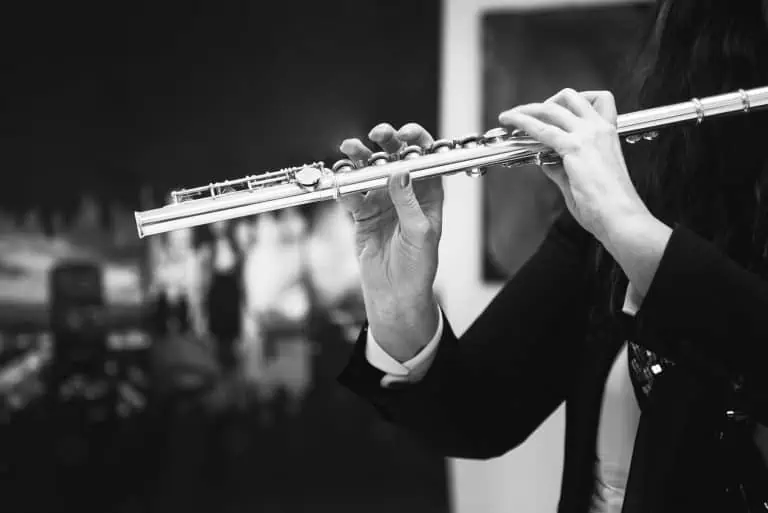
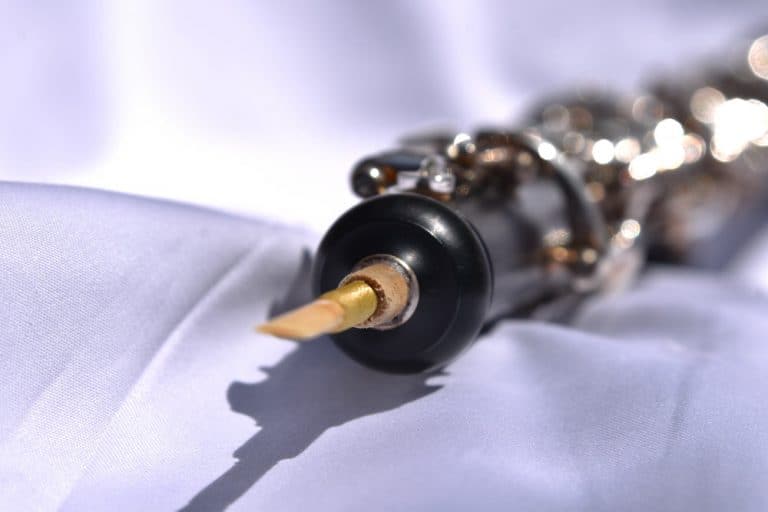



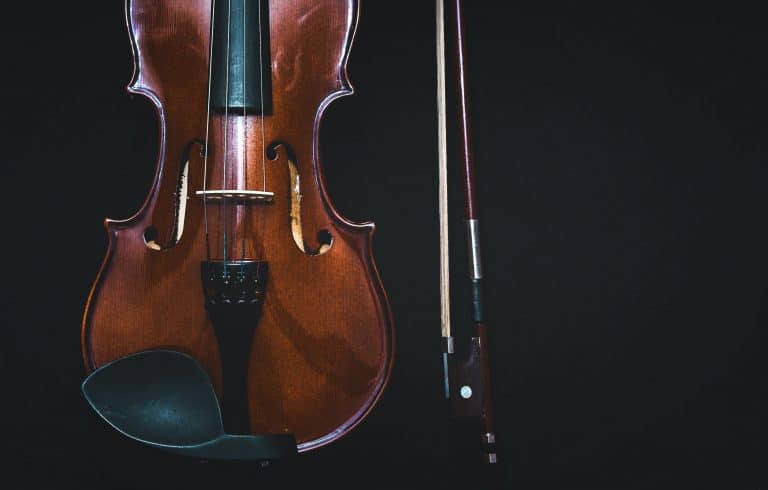



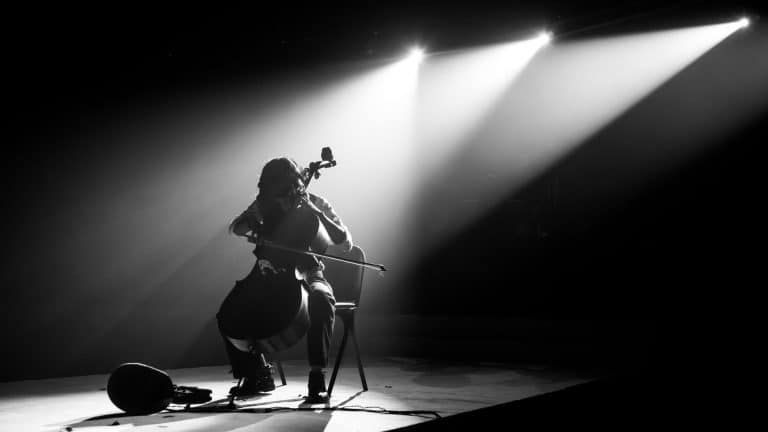

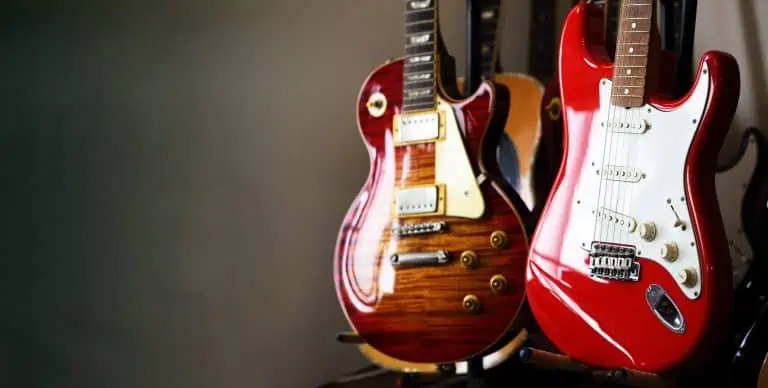











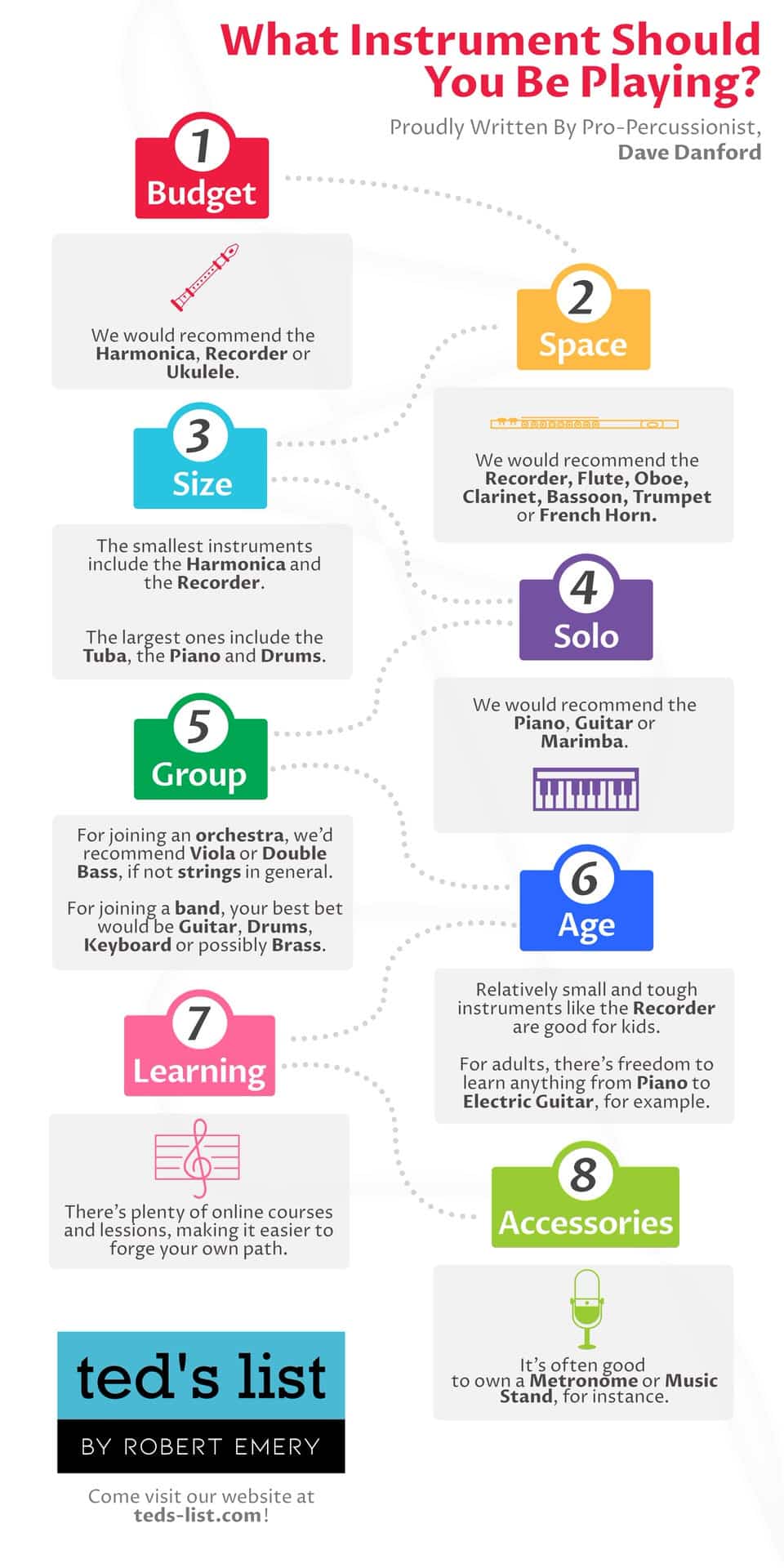







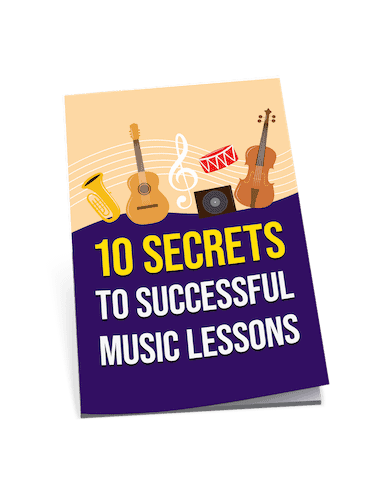

I’m curious about the scoring for these instruments, like how did the Rosedale Recorder and the LA Electric Guitar get their scores? What factors are considered? Is it just about playability or are there other things like cost and learning curve taken into account? Would love some insight before making a decision!
Really digging the section on electronic drums! As someone trying to mix traditional beats with digital, it’s cool to see drums getting some love. They’re perfect for laying down some solid tracks without driving my neighbors crazy. Plus, seeing them rated so highly here just validates my choice further. Keep the rhythm alive!
I found the review of digital pianos versus acoustic ones to be particularly thought-provoking. The tactile feel and tonal differences are significant, yet the practicality of a digital piano for a beginner—especially considering space and budget constraints—cannot be underestimated. This juxtaposition raises an interesting debate on tradition versus modern practicality in music learning.
Interesting choice to rank the viola below violins and cellos. Historically, violas provide a unique timbre and depth to ensembles that neither violin nor cello can replicate. I’d argue that the versatility and unique sound of the viola makes it an excellent choice for both solo and group performance. Would love to hear your thoughts on why you’ve placed it where you have.
I see your point, ViolaMaster, and appreciate your perspective on the viola’s place in music. Perhaps the article’s placement was more about general popularity and ease of starting rather than the instrument’s richness in sound and contribution to ensembles. It’s always refreshing to see someone championing the underappreciated!
got an electric guitar last month and its awesome but i didnt know i needed so many accessories like seriously a stand, an amp, cables, and picks should have come with it
Hey, so I’m thinking about picking up an instrument to add a bit of melody to my hikes and camping trips. I saw the bit about the ukulele and the harmonica and I’m kinda torn between the two. Which one do you guys think is more versatile and easy to learn for someone who’s mostly on the move? Also, how do they fare in terms of being heard over open spaces like mountains and forests?
Always wanted to play an instrument and came across this article. It seems I am destined for the Viola!
The viola is a fab instrument to play Jake. Enjoy. And if you want a dedicated beginners guide on viola, look here…